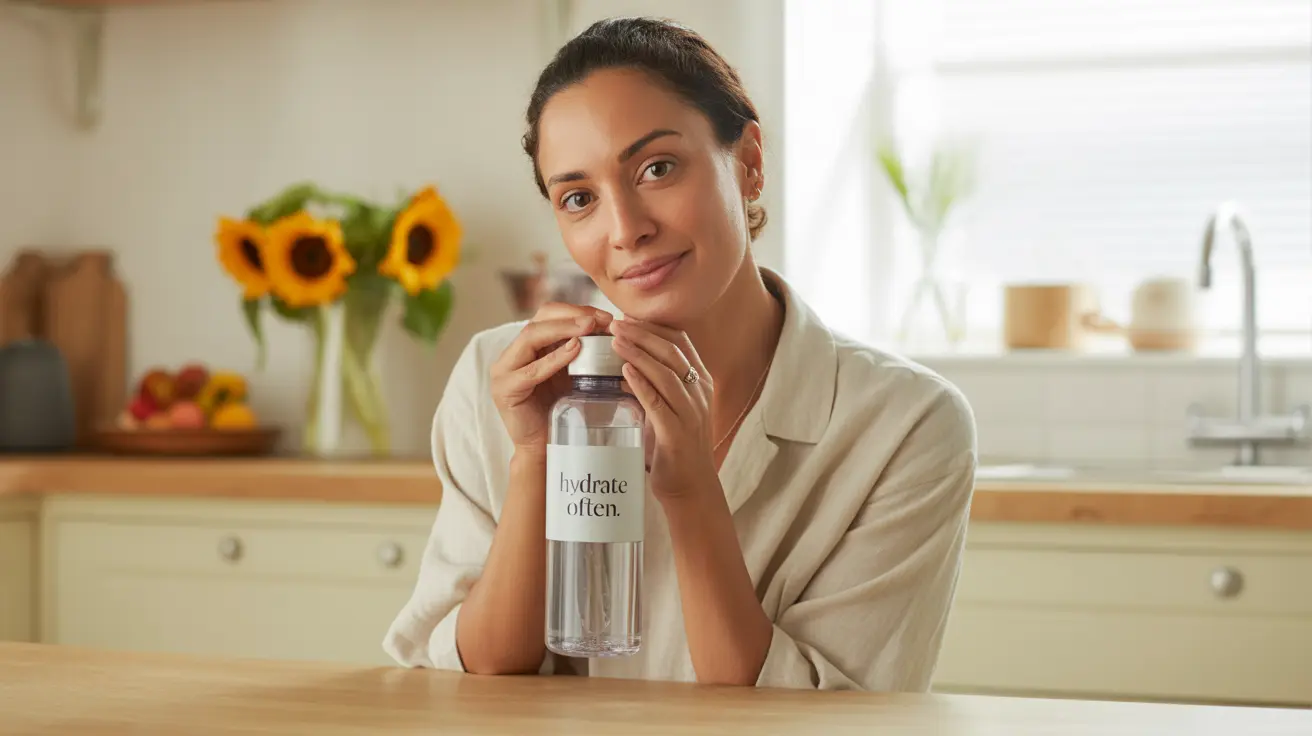Excessive thirst, also known as polydipsia, is a common and challenging symptom for people living with diabetes. Understanding how to manage and alleviate this persistent thirst is crucial for maintaining both comfort and overall health. This comprehensive guide explores effective strategies to address diabetes-related thirst and maintain proper hydration.
Understanding Diabetes-Related Thirst
When blood sugar levels rise above normal, your body attempts to flush out excess glucose through increased urination. This process leads to dehydration, triggering intense thirst as your body signals its need for fluid replacement. Understanding this connection is crucial for managing diabetes-related thirst effectively.
Blood Sugar Management and Thirst Control
The foundation of managing diabetes-related thirst lies in maintaining stable blood glucose levels. Proper blood sugar control not only helps reduce excessive thirst but also prevents the cycle of dehydration and frequent urination.
Key Blood Sugar Management Strategies
- Monitor blood glucose levels regularly
- Take prescribed medications as directed
- Follow a balanced diabetes-friendly diet
- Exercise consistently according to your healthcare provider's recommendations
Lifestyle Modifications for Thirst Relief
Several practical lifestyle changes can help minimize diabetes-related thirst and improve overall hydration status:
Hydration Strategies
Implement smart hydration practices by:
- Sipping water throughout the day rather than drinking large amounts at once
- Keeping a reusable water bottle nearby
- Setting hydration reminders on your phone
- Monitoring urine color to gauge hydration status
Dietary Adjustments
Make thoughtful food choices that support proper hydration:
- Choose water-rich foods like cucumbers, celery, and watermelon
- Limit salt intake to prevent additional thirst
- Avoid caffeine and alcohol, which can increase dehydration
- Include diabetes-friendly beverages like unsweetened tea
Immediate Relief for Dry Mouth and Thirst
When experiencing acute thirst or dry mouth, these short-term solutions can provide relief:
- Use sugar-free hard candies or gum to stimulate saliva production
- Try alcohol-free mouth rinses
- Keep sugar-free throat lozenges handy
- Use a humidifier in your bedroom while sleeping
When to Seek Medical Care
While some thirst is normal with diabetes, certain situations warrant immediate medical attention:
- Sudden increase in thirst despite good blood sugar control
- Extreme thirst accompanied by confusion or dizziness
- Persistent dry mouth that interferes with daily activities
- Signs of severe dehydration like dark urine or decreased urination
Frequently Asked Questions
What are the primary causes of excessive thirst in people with diabetes? High blood sugar levels cause increased urination, leading to dehydration and subsequent thirst. This is your body's natural response to maintain fluid balance and flush out excess glucose.
How does managing blood sugar levels help reduce diabetes-related thirst? Maintaining stable blood glucose levels prevents the cycle of excessive urination and dehydration. When blood sugar stays within target range, your body doesn't need to eliminate excess glucose through increased urination.
What lifestyle changes can help alleviate excessive thirst in diabetes patients? Key lifestyle changes include regular blood sugar monitoring, consistent medication adherence, proper hydration practices, balanced nutrition, and regular exercise as approved by your healthcare provider.
What are some effective short-term remedies for dry mouth and thirst associated with diabetes? Using sugar-free gum or lozenges, alcohol-free mouth rinses, and maintaining proper hydration through regular sipping of water can provide immediate relief from dry mouth and thirst.
When should I seek medical attention if I'm experiencing excessive thirst and other diabetes symptoms? Seek immediate medical care if you experience sudden increases in thirst despite good blood sugar control, extreme thirst with confusion or dizziness, or signs of severe dehydration.




